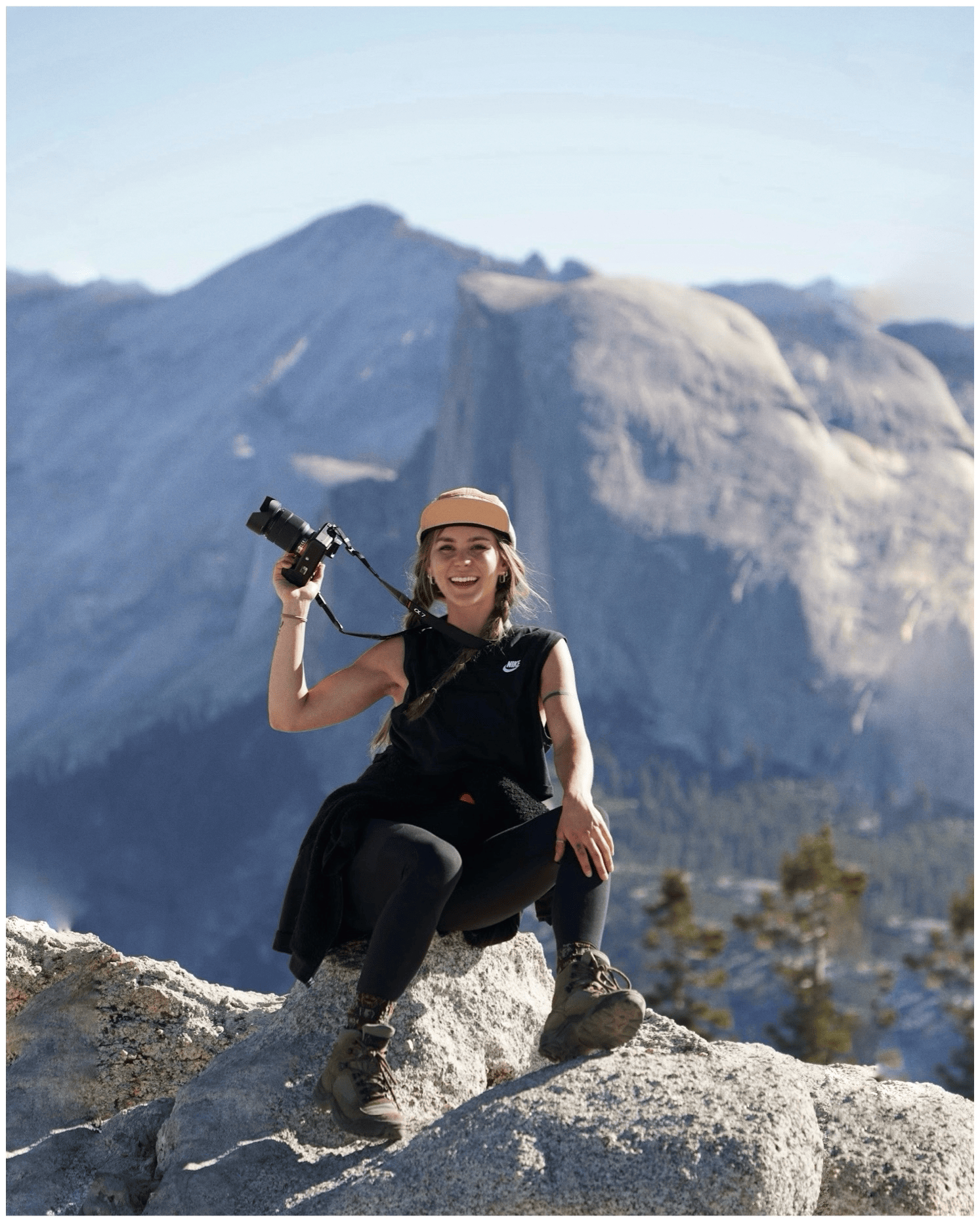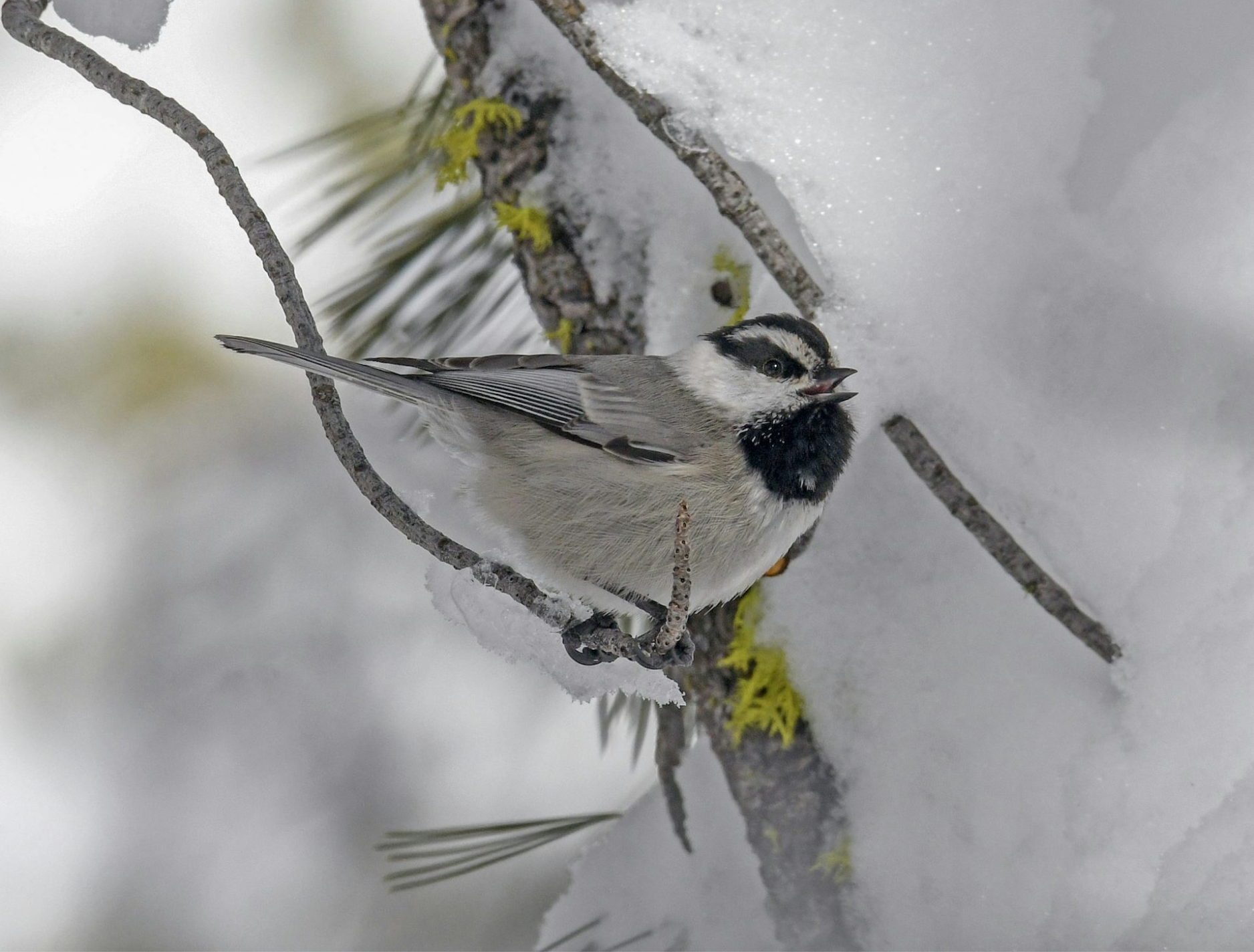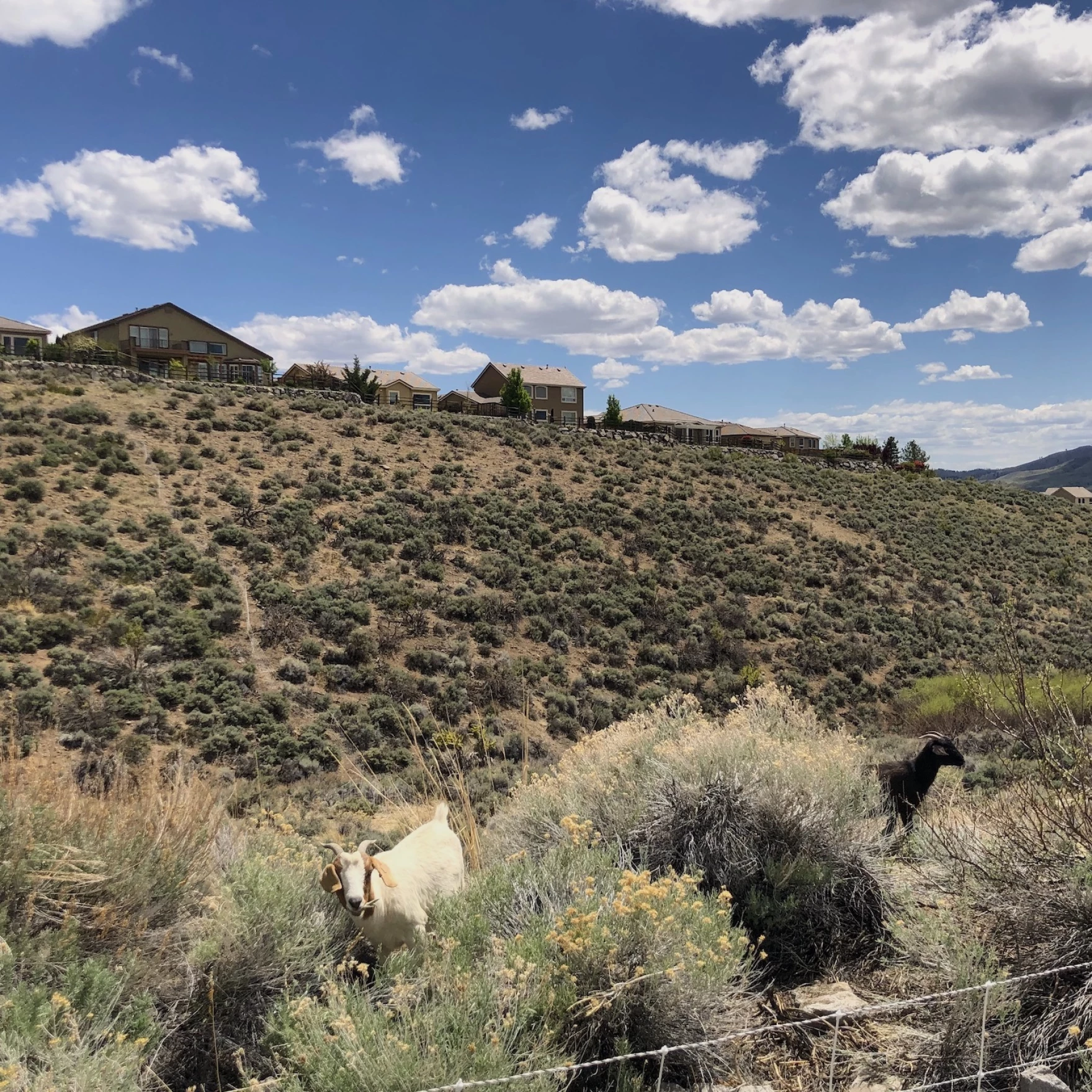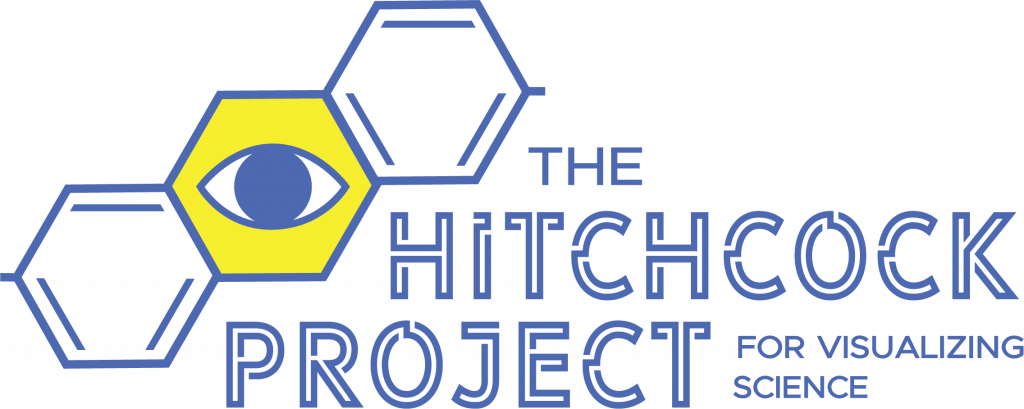In the six months since graduating from the Reynolds School of Journalism with an MA in Media Innovation, alumna Hannah Truby has been writing, photographing, and advocating for the environment. She currently works as the editorial coordinator for the Mountain Gazette, an independent Lake Tahoe-based outdoor magazine, and freelances for the Sierra Nevada Ally.
During her time at the RSJ, Truby took the science reporting class with Professor Kelsey Fitzgerald during the spring semester of 2022, then reported for the Hitchcock Project as a graduate assistant during fall 2023. In the interview below, Truby shares her passions, challenges, and advice for students pursuing science and environmental reporting.
Why were you interested in science/environmental reporting?
“I want to one day pursue conflict reporting and coverage of international issues, so when I started the Reynolds School graduate program, I wanted to structure my classes around that. But when I heard about the new science reporting class, it touched on my other big passion—the environment! I thought it would be a good addition to my other classes and a chance to learn something new. I have long been an avid outdoorswoman and an advocate for the environment, but even I had become fatigued with all the doom and gloom that makes up most climate news. I wanted to find and write about the good things happening in the climate sector—conservation efforts, innovations in technology—to not only make myself feel better, but to let others know that good work is being done, too!”
How are you using the SciComm skills that you learned during the program?
“Professor Kelsey Fitzgerald did an amazing job as acting editor—she helped hone my researching skills and taught me that good things, especially when it comes to complex topics, take time if you’re to write about them well. So that’s something I try to carry with me, no matter the topic.”
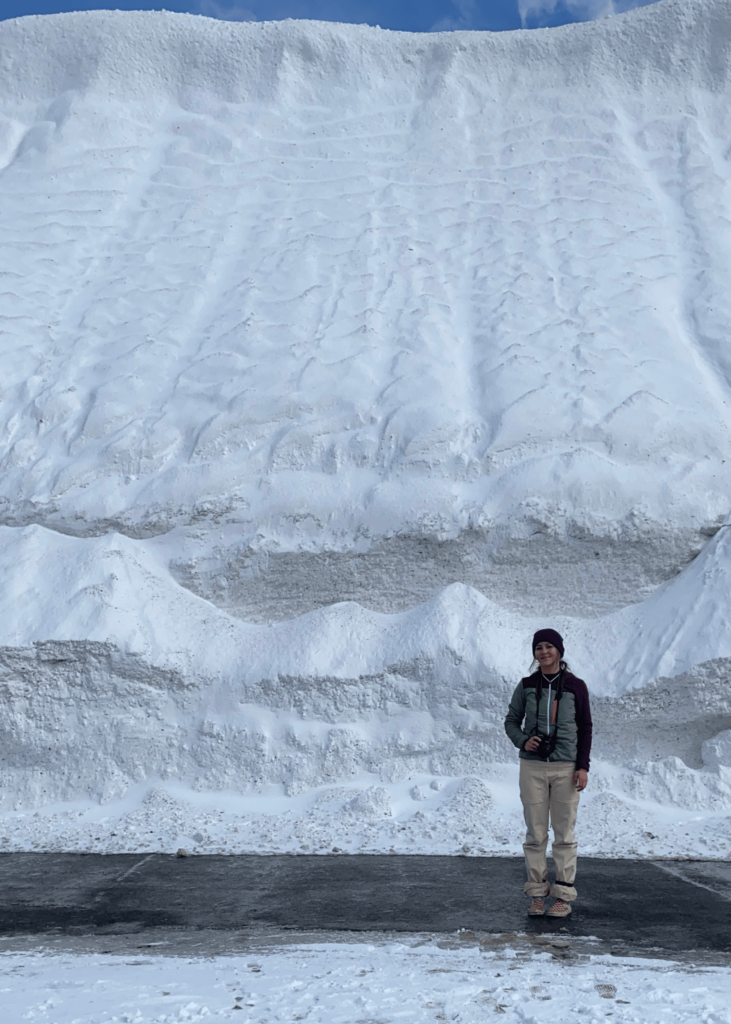
What are some challenges you face as a SciComm professional? How do you deal with those?
“I think within every beat of journalism, there’s going to be burnout, especially if you’re passionate about it. I definitely get information overload and struggle with how to monitor it for myself. So far, what’s working for me is setting time aside—like literally putting it in your calendar—for you to recharge, whatever that means. If you’re interested in science communication, you likely also like to get outside, and that can be really therapeutic.”
What advice can you give to students hoping to go into SciComm?
“Write what interests you! Take the time to research what does. And get really comfortable with wearing two hats—you may not be a scientist, but try acting like one: go to local events or talks that you may not normally attend, befriend local climatologists or biologists, learn about the work they’re doing, and engage with them about it. And definitely don’t be afraid to feel stupid and ask lots of questions.”
Vanesa de la Cruz Pavas, M.A., is a reporter and science communication specialist for the Hitchcock Project. She is a graduate of the Reynolds School of Journalism’s class of 2023.

